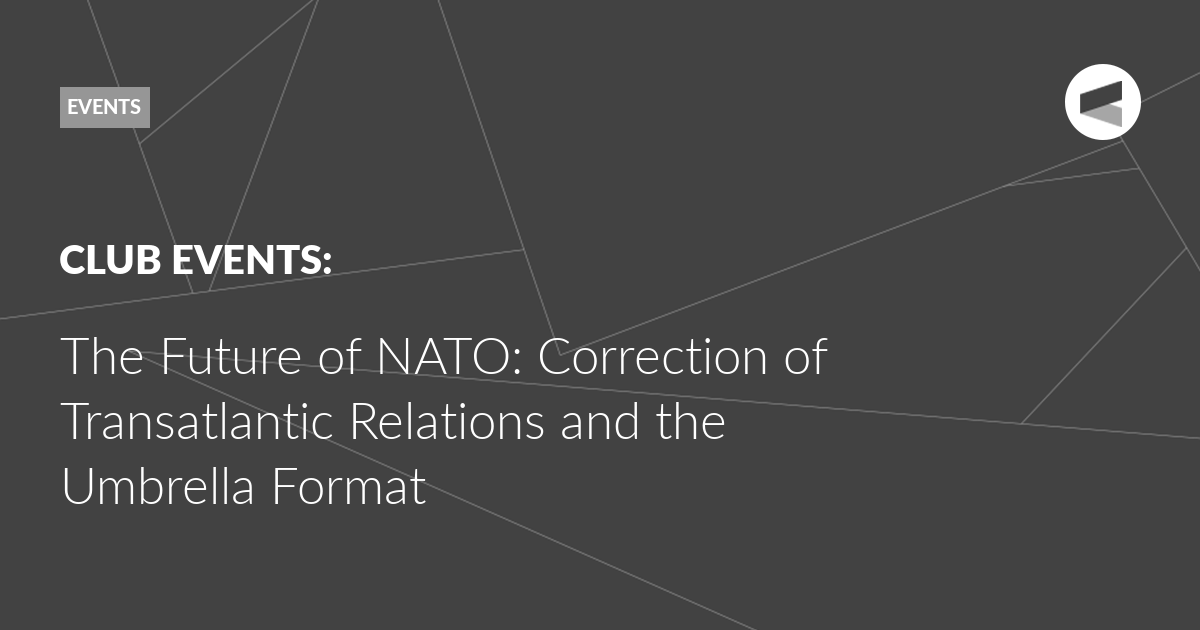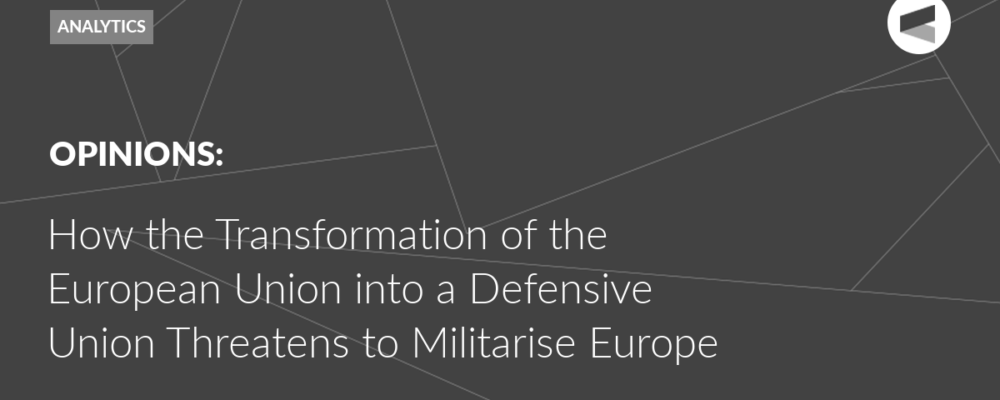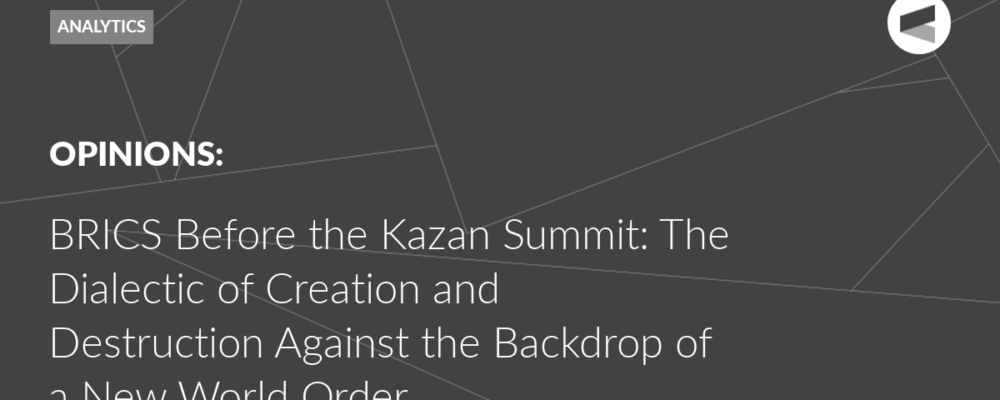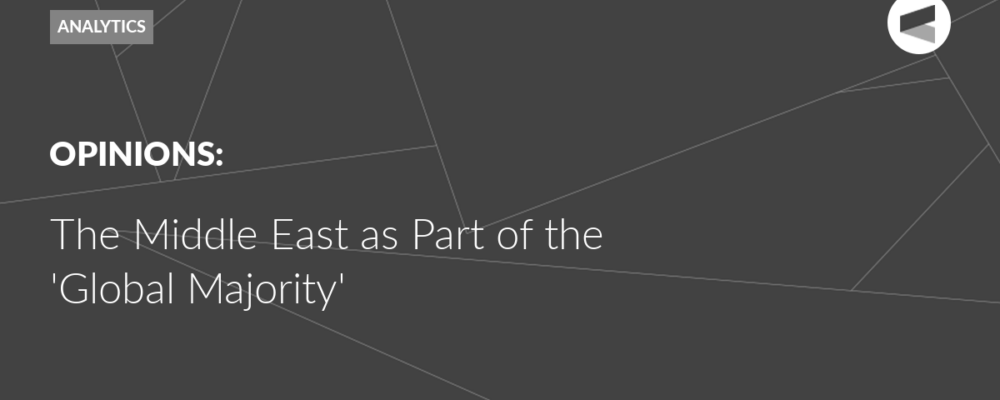On March 27, the Valdai Discussion Club Conference Hall in Moscow hosted a discussion titled “The Crisis of Growth in NATO or the End of Atlantic Unity?” The event was moderated by Timofei Bordachev, Professor at the National Research University Higher School of Economics and Programme Director of the Valdai Discussion Club. He noted that now the Transatlantic unity, which gave birth to the concept of the ‘Collective West’, has entered a period of serious tests, the outcome of which is unknown. In fact, according to Bordachev, the internal configuration of what Russia’s main adversaries will be like in the coming decades is currently being determined.
Andrey Kortunov, Member of the Russian International Affairs Council, emphasised that NATO is a “colossal machine,” a large and complex structure that includes political, military, economic and even environmental units, permanent commissions and working groups. There are processes within it that are incomprehensible from the outside, the struggle of various groups, and competition. Accordingly, it is extremely inertial and dislikes any ideas about changing the direction of its activities. Thus, according to Kortunov, NATO, in essence, “knows how to do only one thing – to oppose Moscow.” That is what the alliance was created for, and that is what it has remained. Its staff perceives other areas as non-core and undesirable. NATO is likely to survive the current crisis, but it will continue to exist in a loose, “umbrella” form. It has outgrown the framework of an effective military-political alliance, and enlargement further weakens it, creating a split along the lines of diverging interests. Its practical role is likely to diminish. Speaking of the situation in transatlantic relations, Kortunov called it an “inevitable correction,” going perhaps too far because of the peculiarities of the current US administration.
Alan Сafruny, Professor of International Relations at Hamilton College, characterised the situation as ambivalent. “On the positive side, for the first time since 2014 or even earlier, we see prospects for constructive dialogue with Russia, although concrete agreements have not yet been reached and the trend in Europe remains towards escalation,” he explained, recalling that the US and Russia are now discussing joint investments in Nord Stream. At the same time, social, economic and political crises are developing in the countries of the “Collective West” and internal instability can be observed. Militaristic sentiments are also noticeable in Europe. The European rearmament on the agenda will require a lot of time and investment, while Europe’s military industry is heavily dependent on the US, for whom it is a very important area. “The further the US moves away from Europe, the less unity there will be in the EU,” Сafruny believes. As for the future of NATO, he believes that the alliance is unlikely to disappear, but is likely to stop expanding and Article 5 will not apply.
“We are witnessing today a crisis of Atlanticism as it was understood during the Cold War and the post-Cold War period. This is the end of Atlantic unity, but not the end of the Atlantic community as a hegemonic alliance between the United States and Europe,” said Dmitry Suslov, Deputy Director of the Centre for Comprehensive European and International Studies at HSE University. He identified five trends which are contributing to the crisis of traditional Atlanticism. The first trend is a change in the hierarchy of US foreign policy priorities, with a decreasing role for Europe and an increasing role for the Asia-Pacific region. The second trend is the re-industrialisation of the United States, stimulated by a mercantilist and protectionist foreign policy. Here Europe is seen by the US as a resource which can be squeezed. The third trend is related to the fact that the US can’t wage several wars at the same time and needs a suspension of great-power confrontation, resembling the détente
of the 1970s. The fourth trend, which could potentially be reversed by the next administration, is the desire of the United States to be the strongest power rather than a world leader. Finally, the fifth trend, also potentially reversible, is the current administration’s ideological confrontation with the European elites, in whom it sees a kind of “collective Biden”. At the same time, these trends will not end the existence of the Atlantic community, since Russia remains an adversary of the United States, the US is not going to leave Europe, and Europe is not capable of becoming an independent centre of power.
The Valdai Discussion Club was established in 2004. It is named after Lake Valdai, which is located close to Veliky Novgorod, where the Club’s first meeting took place.
Please visit the firm link to site






